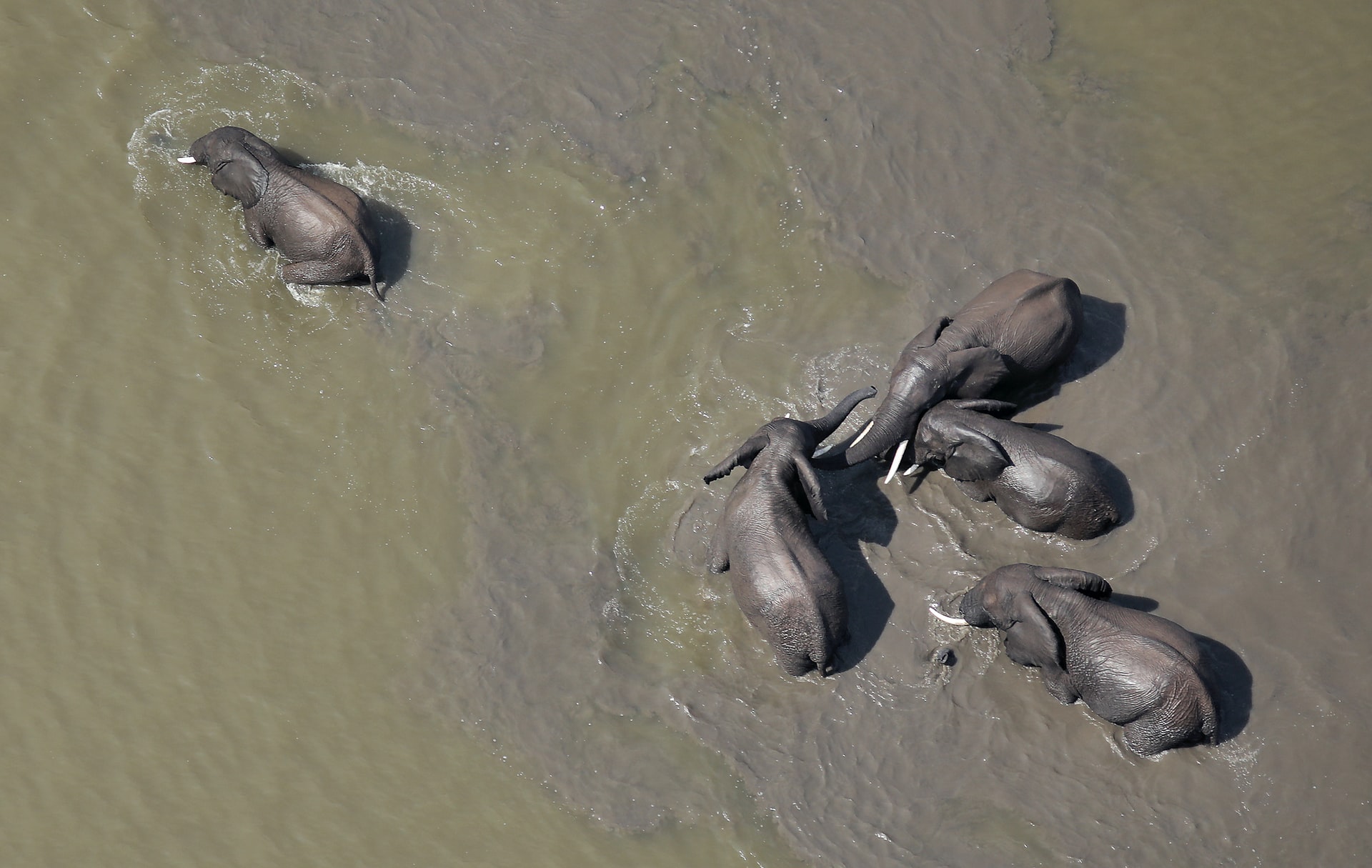How Drones are Protecting Endangered Wildlife

When you were young, you probably visited your local zoo in awe and saw huge animals like elephants and rhinos to small insect-like creatures. Well, what if you wanted to see them in their natural habitat? Unfortunately, for elephants and rhinos, it’s becoming increasingly more difficult due to poaching, illegal ivory trade, and countless other issues. At the dawn of the 20th century, there were an estimated 500,000 rhinos, but today, in 2021, there are just over 27,000. To add fuel to the fire, poachers are becoming increasingly smarter, faster, and agile, making it more difficult for conservation attempts and natural wildlife to combat.
For instance, to demonstrate the evolution of poaching, just a couple of years ago, poachers would go and hunt the animals themselves, however, now, poachers are poisoning water holes, killing not only elephants and rhinos for their ivory but all other species. With the development of new tactics and strategies, technology is one of the few ways that conservation practitioners can still attempt to beat the poachers.
Air Shepherd: The Conservation Revolution
Air Shepherd is one of those technology-oriented companies focused on conservation with breakthrough solutions to help. Developed in 2016 by the Lindbergh Foundation, Air Shepherd initially was set up to tackle the issue of elephant and rhino poaching in South Africa. Using new and advanced drones paired with imaging systems, their solution is capable of working at night, while being unmanned, reducing risk to human life. Air Shepherd operates in 4 countries including South Africa, Zimbabwe, Malawi, and Botswana. Since its inception, Air Shepherd has flown a total of 5,000 hours and has completed over 3,000 missions, contributing to the halt in poaching.
The system begins with an on-ground team that is set up in a control panel, a.k.a, a remote van with fancy antennas to detect and follow the drone. This team goes through extensive training and is deployed in areas known for illegal poaching activities. Using prior knowledge and intelligence, the electric, infrared drones fly without making noise as to catch poachers when they operate. Once poachers are seen from the control panel, the data is sent to local authorities, and rangers are sent to the area to intercept the poachers. This offers protection to rangers who are not only threatened by the poachers in the midst of the darkness, but also to the wildlife.
So far, Air Shepherd uses a fleet of flying drones, that are packed with high-tech AI, to scour the safari and catch poachers on the ground. The sophisticated technology was originally developed for the US military to identify roadside bombs in Iraq and is now used to fight poachers. Additionally, Air Shepherd plans to further advance their technology with higher-level AI, used to detect the poachers from the drone images themselves, completely eliminating the need for a human or remote control panel. If completed, Air Shepherd will be able to create a closed-loop and significantly reduce human risk while promoting technology to stop the issue.
The Result and How You Can Help
After extensive testing, it has been shown that when Air Shepherd drones are flying, poaching stops. Air Shepherd teams are a highly effective tool that works in conjunction with other methods and capabilities to combat poaching. Many more teams are needed to address the widespread problem and Air Shepherd is therefore actively discussing expansion with officials in five other countries.
“We are thrilled that our drone teams are fully operational,” said John Petersen, chairman of the board of the Lindbergh Foundation. “The poaching of wildlife has hit record highs and we have come to a critical juncture where action must be taken. Fortunately, many other African countries recognize this and have reached out to the Lindbergh Foundation with interest in implementing Air Shepherd pilot programs.”
With a plethora of current issues, it’s difficult to answer all of them, but with some help and social awareness, poaching can be eliminated. International pressure and sanctions have been used to help slow down the illegal ivory business, but its not enough. You can do your part by sharing resources on poaching or by donating.


Leave a Reply